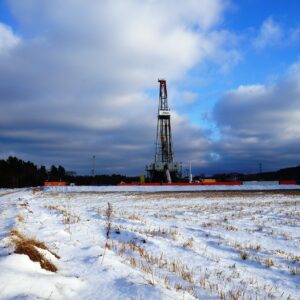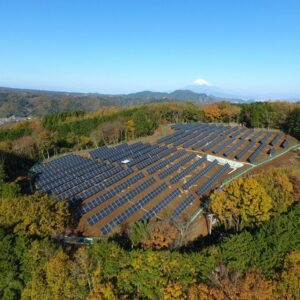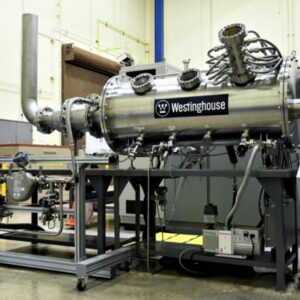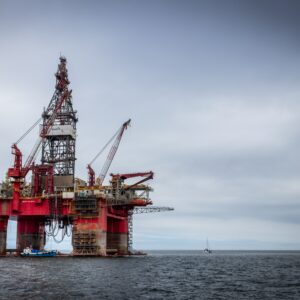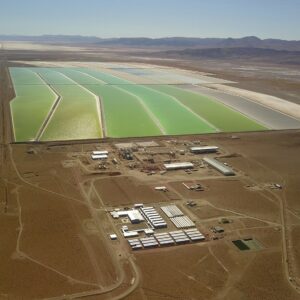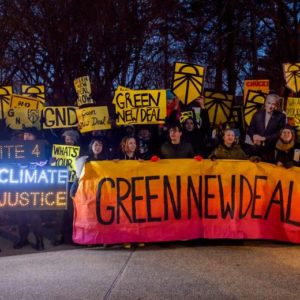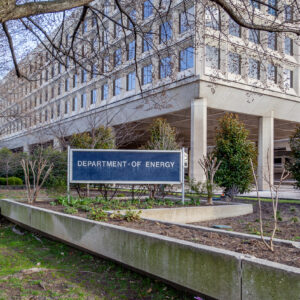"Willow has earned ConocoPhillips scorn from environmental groups, who say the project will emit climate-warming greenhouse gases for decades. But it has found support among some Alaska Natives’ associations, local politicians and the Alaska delegation in Congress. Proponents say that Willow could generate local, state and federal revenue of up to $17 billion and create more than 2,000 construction jobs and 300 permanent jobs."
The Age of Energy Insecurity
"There is no reason to despair just yet. After all, the oil crisis of the 1970s sparked a great deal of innovation, including the development of today’s wind and solar technologies, greater efficiency in vehicles, and new government and multilateral institutions to make and coordinate energy policy. The policies and technologies that now seem old and outdated were once shiny and new. Today’s crisis may likewise lead to novel ideas and techniques, as long as policymakers fully grasp the new realities they face."
Exxon Mobil Says It Can Make Money Decarbonizing Steel
"Carbon-capture technology can gather carbon dioxide from smokestacks or other industrial equipment, compress and liquefy it, and then pipe it to underground storage locations. This project, expected to start in 2026, would capture about 800,000 metric tons of carbon a year from producing iron used in steel, and bring Exxon’s (XOM) total project pipeline to more than 5 million tons a year."
Meet Ten of the Next Five Successful Advanced Reactors
Matthew L. Wald writes in The Breakthrough Institute about emerging advanced nuclear reactors. “At the moment, the new reactors with the shortest path to commercial deployment look to be light-water reactors: they use fuel that is already commercially produced and most of their various components are already in production. Of the new light-water reactors, the...
Crossing the Climate Chasm Through the Gulf of Mexico
Crossing the climate chasm requires cleaner energy now. The Gulf of Mexico’s energy resources are on the right path.
A Huge Lithium Discovery That Economists Were Expecting
"Now about elasticity of supply, in which we economists tend to have more faith than do most people. Time and again over the centuries, economists have observed that resource shortages are often remedied by discovery, innovation and conservation — all induced by market prices. To put it simply: If a resource is scarce, and there is upward pressure on its price, new supplies will usually be found."
Fixing Flood Insurance
The National Flood Insurance Program puts a significant strain on the federal budget and taxpayers. Instead of renewing it and hoping for the best, lawmakers should update the program as quickly as possible.
The Green New Deal: Less About Climate, More About Control
"One thing is clear: to meet these goals, Washington would have to force all Americans to reduce their energy consumption...the only way to do that is to impose coercive taxes and regulations."
Sparing the Land by Collecting Minerals at Sea
"In the end, the better question to ask is not whether humanity should collect deep-sea metals, but rather how. Before claiming that the cost of collecting nodules from the ocean floor is too high, researchers, activists, regulators, and companies should explore the degree to which operators can reduce impacts and define what obligations to hold industry accountable to. As such, calling for immediate moratoriums on deep-sea mining is not only premature, but a circumvention of constructive dialogue and negotiation."
New Report Details How Reorganizing the Department of Energy Will Accelerate Innovation
The Department of Energy is critical to advancing energy innovation, strengthening American competitiveness, and accelerating climate progress. Reforms will bring greater oversight, transparency and, effectiveness to the agency’s operations.
